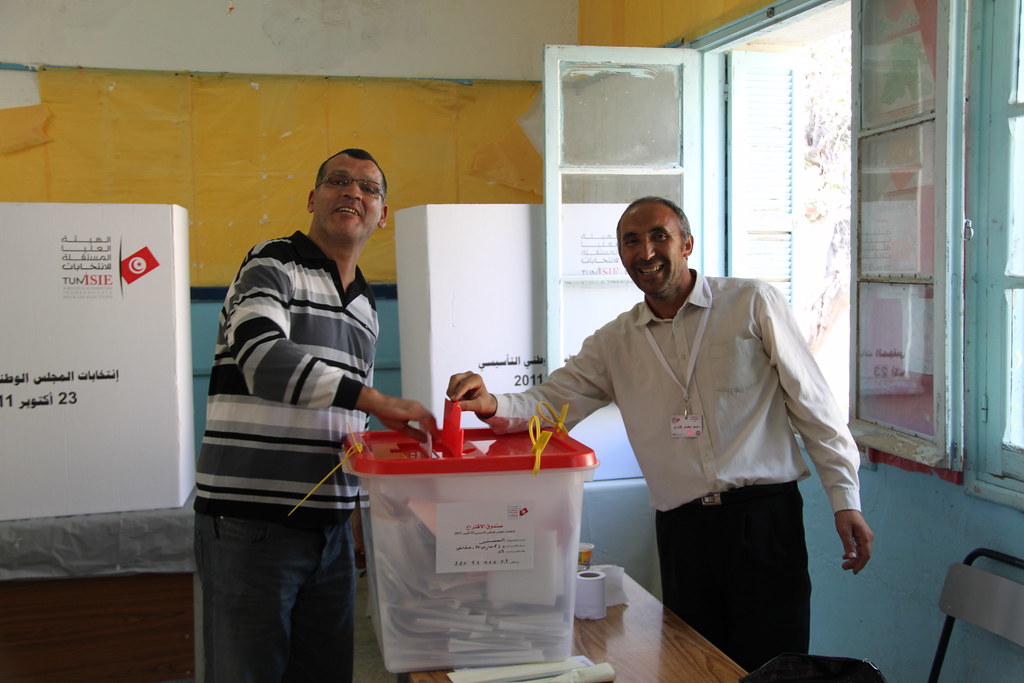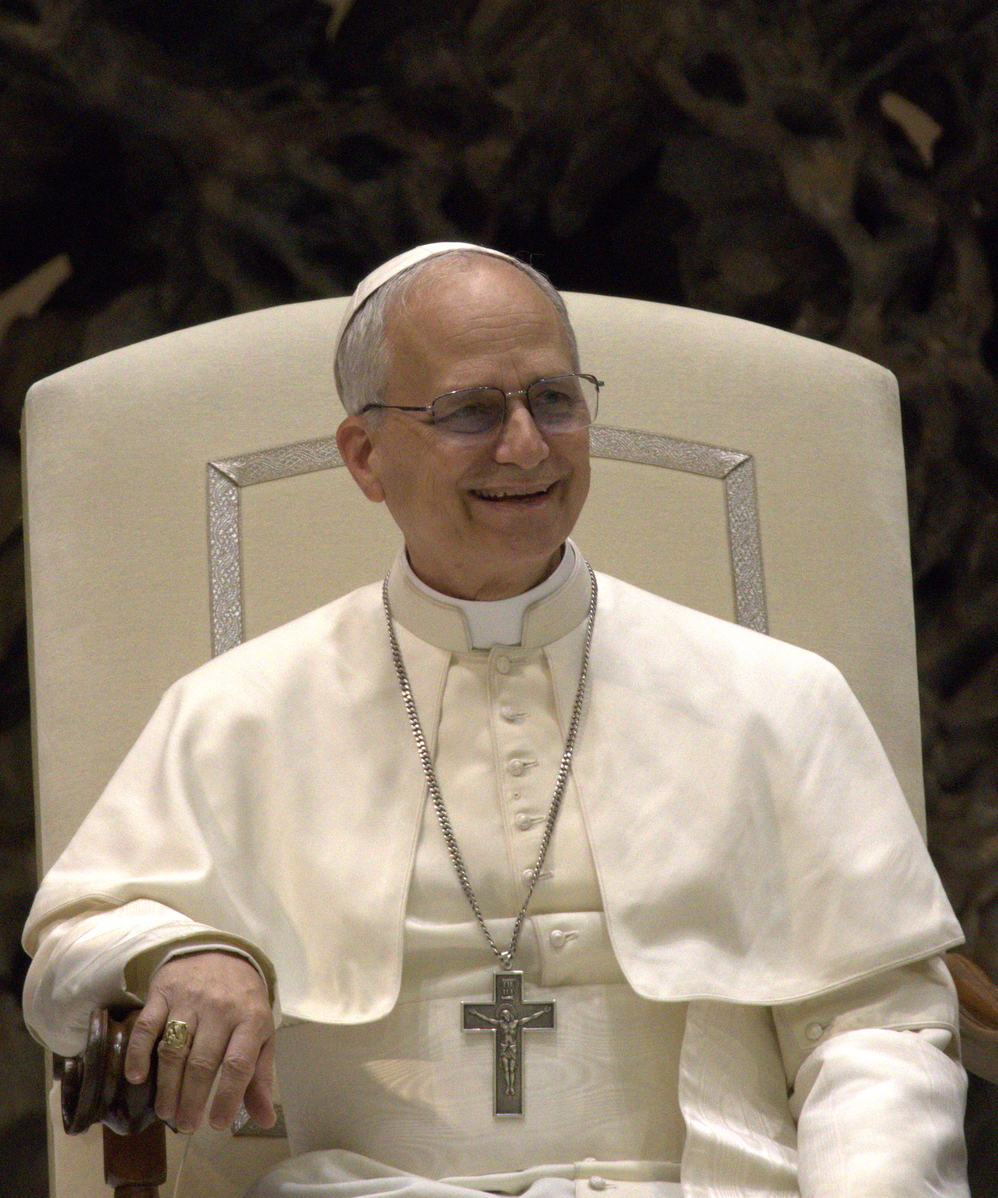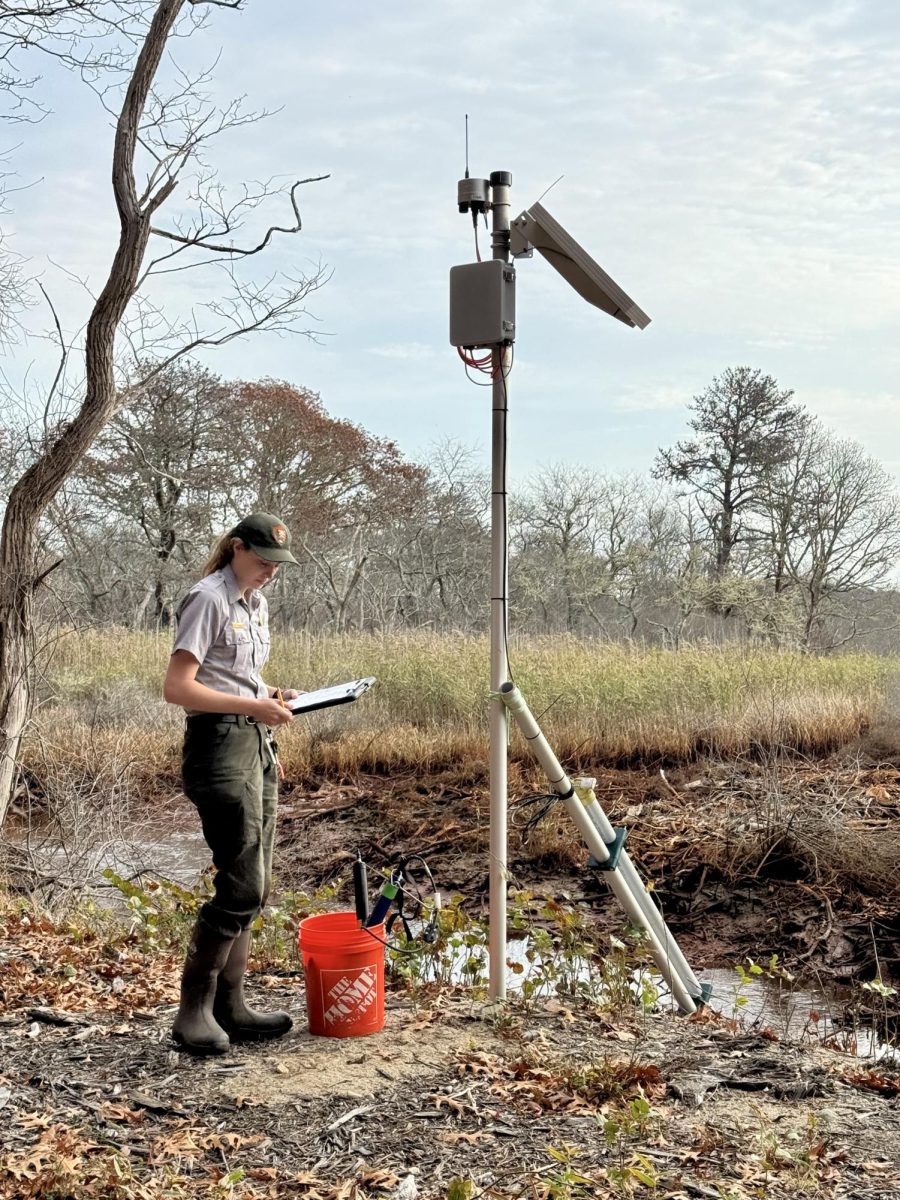As the world enters what has been called “the biggest election year in history,” democracy is on the line with international elections. Over half the world population across more than 60 countries will be voting this year in elections set to change the world’s political landscape. These elections will likely change the course of global history, and there will not be a year with this many elections set until 2048.
Taiwan
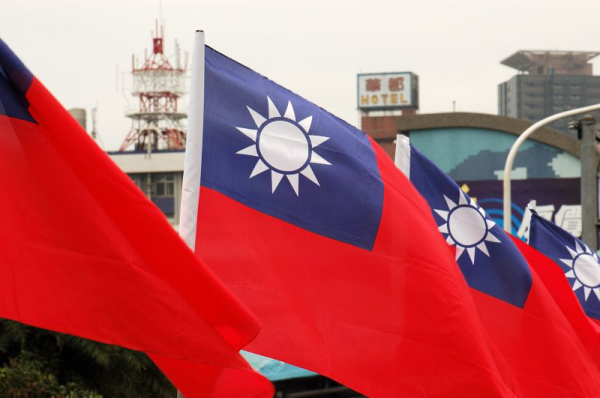
The first major election of this year is on the 13th of January in Taiwan, which elects their President and parliament. Taiwan’s election is important due to the tension between it and Mainland China, with both sides claiming to be China. Mainland China has repeatedly threatened Taiwan’s independence with military threats, and Taiwan’s presidential candidates have differing strategies to deal with China diplomatically.
Lai Ching-te of the DPP is focused on independence and closer ties with America, while Hou Yu-hi of the KMT wants closer ties to China and possible reunification. This election is too close to call with the introduction of a third-party candidate, Ko Wen-je, who wants to shake up the two-party system and has no defined foreign policy plan.
India and Pakistan
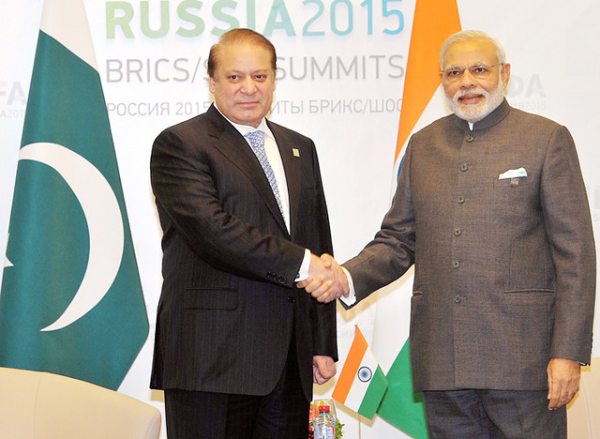
The other major Asian elections this year are in two rival nations, Pakistan and India, which have had a rocky relationship since the messy partition of India along religious lines. Both countries’ elections are facing questions over their fairness. Former Prime Minister Imran Khan, who wanted better relations with India, was removed from power, and he and his allies have been barred from office. This was likely done because of the influential military establishment that is now supporting former prime minister Nawaz Sharif in the elections.
On the other hand, India has their election defined by current Prime Minister Narendra Modi, who will almost certainly be re-elected. His party’s Hindu nationalism has caused heightening religious tensions, and he has been accused of subverting democracy. The main opposition party, the Indian National Congress, has not gotten any traction, which is why Modi has been so successful.
Africa
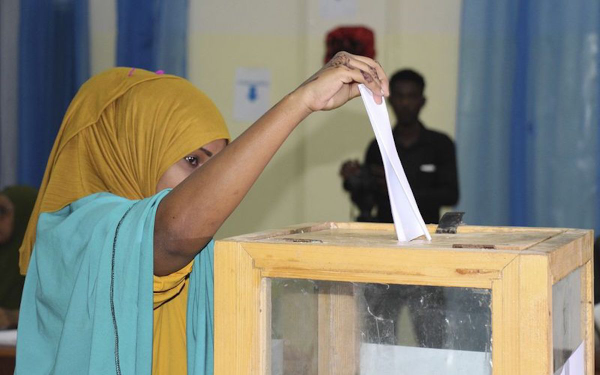
Africa will be having elections throughout the continent, which will be indicative of both African democracy and African ties with the West or Russia and China. African nations are growing economically, and these elections may define the next generation of African leaders. Nations that had military coups, especially those in the Sahel region, may return to civilian rule or continue the military’s rule. The pressure is on by African groups like ECOWAS to end military rule, and whether these nations do is important for Africa.
Other countries such as Senegal, Mozambique, and South Africa will see if their elections can defeat the current leaders. This is very clear in South Africa, where the African National Congress has been dominant, usually using corruption to gain influence. The ANC has been criticized for its inability to end the economic inequality in South Africa, generally stemming from the old Apartheid system. This year is crucial for South Africa as the ANC has a real chance of losing.
Europe
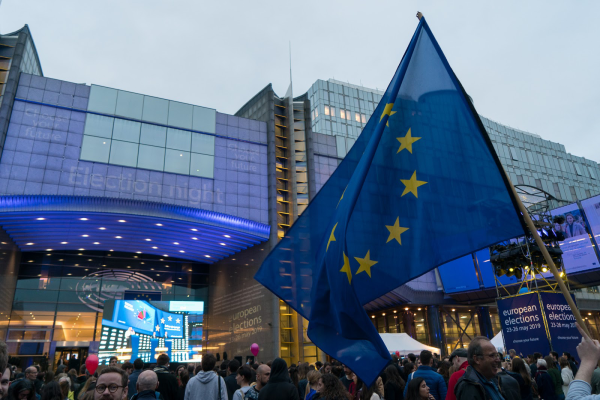
While Europe has elections in Britain, Finland, Portugal, Austria, and multiple other countries, its largest election is in the European Parliament. This EU will show whether far-right parties can gain control or influence in the EU, which may change the relationship between Europe and the rest of the world. This is especially true with Ukraine, as many far-right parties will oppose aid to Ukraine, which the EU has contributed to.
Mexico
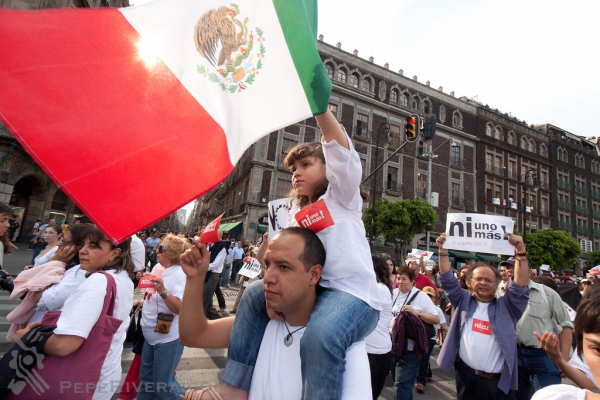
America’s neighbor and largest trade partner, Mexico, will have a major election this year for its new President. The current President, Andrés Manuel López Obrador, or AMLO, is very popular, and his party, MORENA, is selecting the Mayor of Mexico City, Claudia Sheinbaum, as its nominee. Sheinbaum is generally loyal to the party line but has broken from it on issues like COVID and renewable energy. However, all opposition parties have united against her, with Senator Xóchitl Gálvez as their nominee.
AMLO and MORENA are considered left-wing economic populists who are focused on helping people experiencing poverty. However, AMLO is also a social conservative and has been accused of trying to maintain influence after his term as President. He has also tried to ally with nations like China and Russia instead of America, while Gálvez is focused on America. This election may define Mexico and its relatively young democracy with its new President and how she may differ from the previous AMLO government.
USA
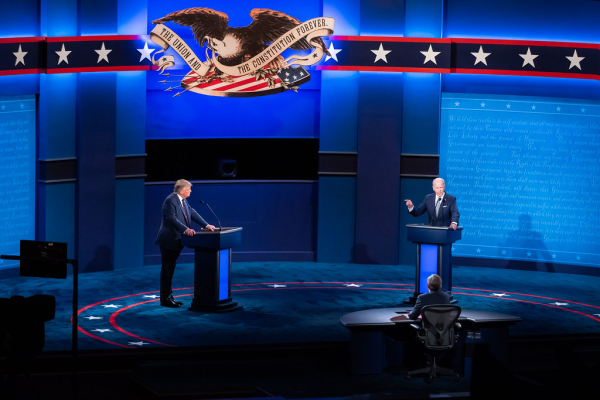
However, one of the biggest elections this year is here in America, as America’s President has a huge impact on the world. Especially this year as a second Trump presidency would change foreign policy on Ukraine and possibly Gaza. It also will upend policy domestically for the next four years. This election also could change control of both the House and the Senate and multiple governorships.
However, this election is incredibly consequential due to the increase in violence in recent years and the extremism growing in America. There are so many variables at play in this election: inflation, disinformation, attacks on democracy, third-party candidates, and more. All of these make this an election that has never been seen before and hopefully will never be seen again.
Controversial Elections
While America’s election will inevitably end in controversy, it will be nothing compared to authoritarian countries holding elections. Some of these elections are in Russia, Venezuela, and Iran. While these countries identify themselves as more democratic, often, the candidate is predetermined prior to voting. This leads to protests instead of actual results.
Russia’s invasion of Ukraine may see increased opposition in the weeks before and after the Russian presidential elections. While the dissent in Russia has been disorganized, the election may be a time when anger is concentrated at a single point. Iran, which has seen massive protests of its government’s treatment of women, is going to have an election this year, and it may cause protests like in recent years. Finally, Venezuela, which has been considering annexing part of neighboring Guyana, is having an election this year for President. However, the main opposition figure has been disqualified, and anger at the multiple crises there is unlikely to be solved at the ballot box.
Regardless of political leanings, participating in one’s civic duty by voting is essential to maintaining a democracy.


